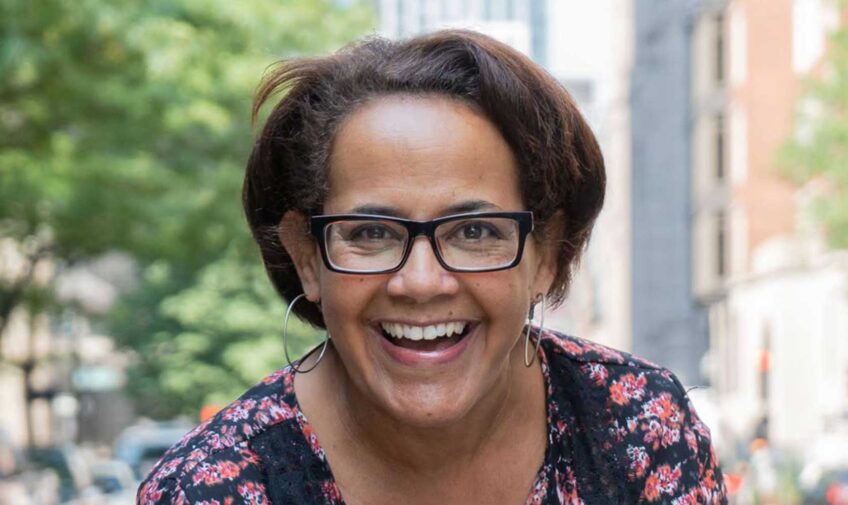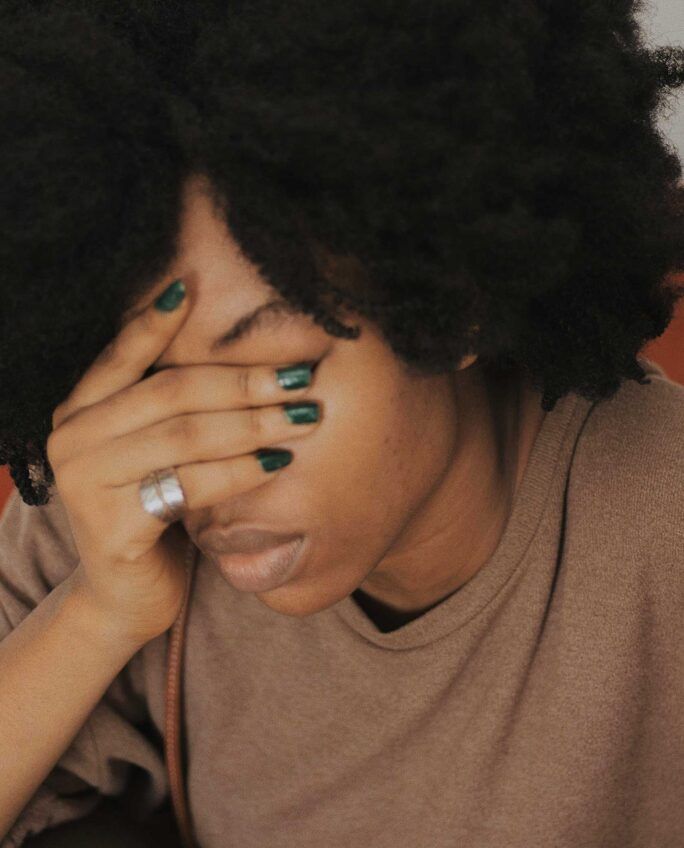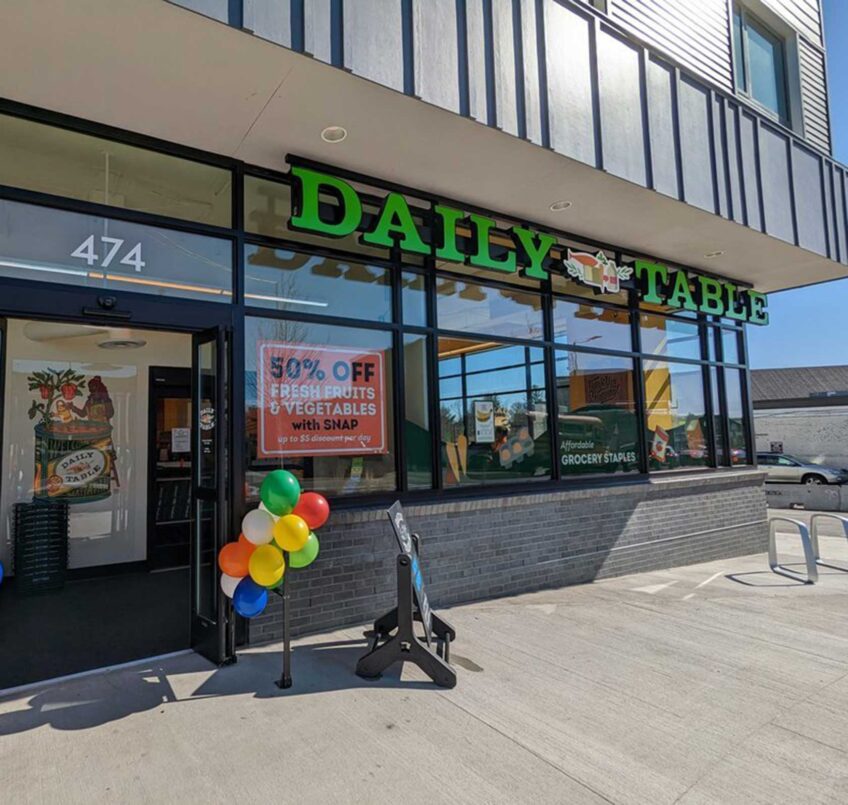Grocery stores’ untapped potential
Stores stock few goods produced by black-owned food businesses
With all of the recent talk about systemic racism and the across-the-board efforts to dismantle it, an unlikely front is emerging in the battle for racial equity — retail grocery store shelves.
Africans Americans comprise about 15 percent of the U.S. population, but Black-owned firms represent less than one-half of one percent of retail sales through American grocery stores. This statistic is all the more staggering considering that U.S. Black buying power is approaching $1.5 trillion and, equally important, there are countless Black-owned companies, representing everything from baked goods to fresh produce, that are willing to place their products on those shelves.
As it stands now, there is not a single Black-owned food brand that has achieved a broad-based or national distribution, despite pledges over the years from major food retailers to increase and diversify their suppliers.
Maybe this time will be different. Since the death of George Floyd and the subsequent protest rallies across the nation and the world, dozens of grocery retailers have not only spoken out against racism but have also committed millions of dollars to organizations that promote racial diversity and inclusion such as the NAACP, NAACP Legal Defense Fund and the Urban League.
Retail giant Walmart said the Bentonville, Arkansas-based company and its Walmart Foundation are committing $100 million to create a new center on racial equity. Amazon, the owner of Whole Foods, pledged $10 million to Black Lives Matter and other groups. Target made another $10 million donation and offered 10,000 hours of pro-bono consulting to Black-owned businesses in Minneapolis — where Floyd was killed — to help “with rebuilding efforts.”
Ahold Delhaize, the Netherlands-based company that operates more than 2,000 stores across 23 states, including Hannaford and Stop & Shop in New England, committed $5 million “to work toward racial equality.” The public statements of Ahold Delhaize CEO Frans Muller are typical of the industry leadership during the recent racial turmoil.
“These events once again make us realize that, as a global retailer, we play a pivotal role in society,” Muller said. “We have a big responsibility to set the right example and help dismantle structures that systematically disadvantage some and advantage others.”
These contributions to Civil Rights organizations are certainly needed to aid in the fight for equality and fairness, but these retailers appear to have overlooked one important group — the Black-owned businesses who market and sell products to the retail grocery industry.
This is about much more than placing some products on a few shelves. It’s about building Black wealth — not from well-intentioned diversity efforts, but by establishing a solid pathway to the marketplace. It’s about opening the door and giving products a fair chance to succeed.
Many products by Black-owned firms are purchased by buyers for special holidays such as Thanksgiving or Black History Month and are not regularly stocked. Most of the resistance occurs at the procurement level, which all too often is more interested in chasing suburban dollars in suburban neighborhoods. The lack of consideration is particularly painful for many Black retailers who spend countless hours and untold dollars making telephone calls, sending emails, attending industry trade shows and distributing brochures — with little chance of securing a deal.
While the national conversation about police brutality and reform are much needed and long overdue, another conversation is much needed on the challenges facing Black business owners, including the lack of access to capital and a lack of representation on the shelves of major food retailers.
In recent weeks, Aurora James, founder of Brooklyn-based sustainable fashion brand Brother Vellies, has asked major retailers to dedicate 15% of their shelf space to Black-owned businesses. The percentage matches the recent Census Bureau estimates that Black people make up nearly 15% of the population of the United States.
Making the pledge would not just be a one-time response to heightened awareness of systematic racism.
It is smart business.
While online shopping grows across all population segments, Blacks continue to purchase the lion’s share of their consumer products from brick-and-mortar stores. Black buying power is projected to grow to $1.8 trillion by 2024, and that growth is outpacing white buying power. Between 2000 and 2018, Black buying power rose 114%, compared to an 89% increase in white buying power. And when it comes to grocery shopping, Black weekly food purchases are more than 15 percent higher than all other ethnic groups.
Sadly, these statistics are well-known throughout the industry. At this critical point in history, it’s time to build the infrastructure for growing Black wealth, and retail grocery stores are uniquely positioned to do just that.
Wiley Mullins is founder of Uncle Wiley’s Specialty Foods, Inc.






